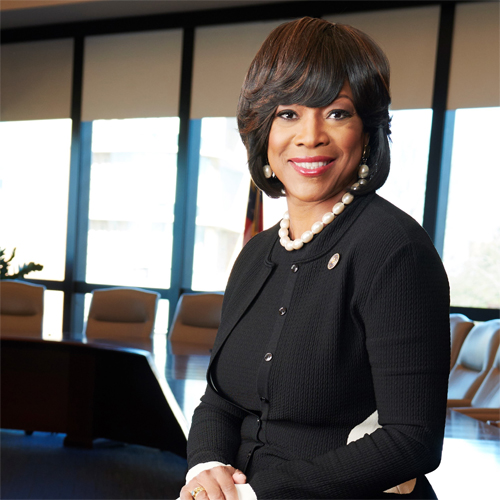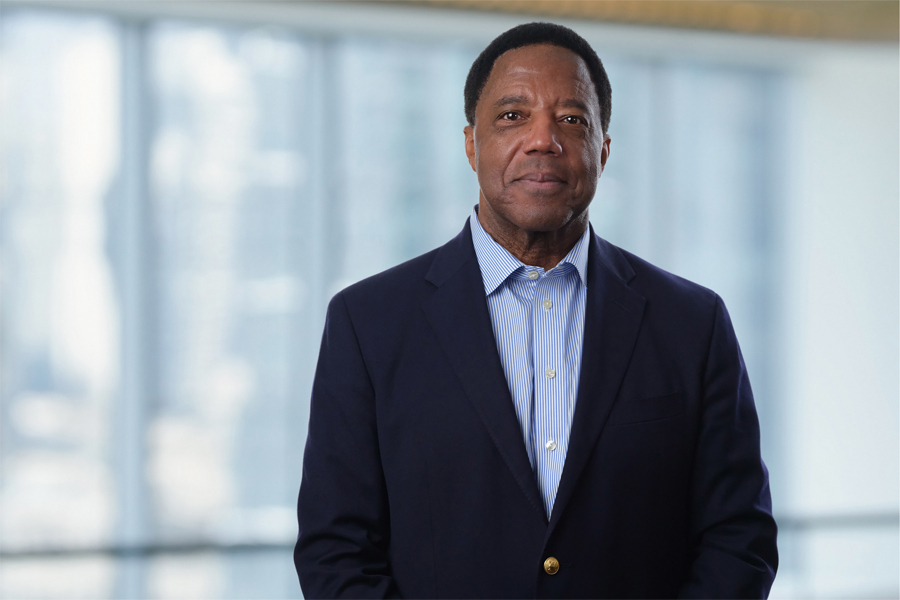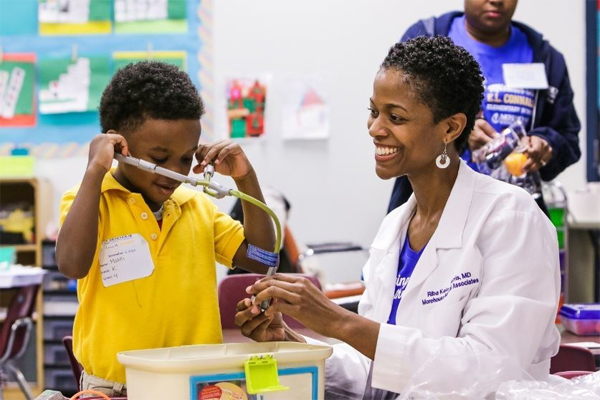Historically Black medical school Morehouse School of Medicine (MSM) and CommonSpirit Health have announced a new partnership to train more Black physicians.
The two leading health organisations in the US are responding to the dual pandemic of Covid-19 and racial injustice with a 10-year, $100 million partnership to develop and train more Black physicians, helping to address the underlying causes of health disparities. They are creating a joint undergraduate and graduate medical education programme to educate and train the next generation of culturally competent health clinicians and researchers.
“Of the 21,863 students entering medical school in 2019, only 1,626 were Black – and only 619 were Black males,” stated MSM’s President and Dean Valerie Montgomery Rice, MD. “This statistic is alarming for many reasons, not the least of which is the impact on patient care. Studies show that Black patients have better outcomes when treated by Black doctors.”

ADDRESSING HEALTH INEQUITY
MSM and CommonSpirit are uniquely positioned to impact health equity through education and training opportunities and improved access and care delivery. While there are 155 accredited medical schools in the US, MSM and the other three historically Black medical schools produce the majority of the nation’s Black physicians. As one of the largest non-profit health systems in the nation, CommonSpirit serves some of the most diverse communities in the country and cares for more Medicaid patients than any other health system in the US.
The partnership will help to develop more Black and other minority physicians by ensuring a minimum of 300 additional underrepresented providers complete their residency training annually and support a pipeline of students that will be recruited from communities that have a historical provider shortage. MSM and CommonSpirit will establish five new regional medical school campuses and graduate medical education programmes in at least 10 markets in partnership with CommonSpirit healthcare facilities, to be announced in spring 2021.
“We are laying the foundation for patients to have more access to Black clinicians and for Black medical students and graduates to gain community-based experience that they need to be successful in their work,” confirmed CommonSpirit President and CEO Lloyd H Dean. “Our initiative also will create a pathway for healthcare organisations across the nation to follow and share our learnings, a vital part of our work.”

MINORITY & UNDERSERVED COMMUNITIES
The collaboration will extend to addressing cultural competency and developing research programmes to impact illnesses that disproportionately affect minority and underserved communities. MSM, a recent recipient of a $40 million Covid-19 Resiliency Network grant from the US Department of Health and Human Services, has been at the forefront of biomedical and clinical research initiatives to address diseases that disproportionately affect minority communities.
“We’re immediately leveraging our partnership to address health inequities magnified by the Covid-19 pandemic, as Black Americans are disproportionately impacted by Covid-19,” added Dean. “Together, we will foster a culturally competent system of care that includes testing, care delivery, and vaccine allocation, directed at the most vulnerable populations to reduce the impact of Covid-19 in racial and ethnic communities.”
MSM and CommonSpirit will contribute $21 million in seed money in the first two years, with a goal of spearheading a 10-year, $100 million initiative that invites the support of individual donors, industry partners and philanthropic organisations. “This partnership is the perfect combination of two healthcare organisations that are devoted to the creation and advancement of heath equity in underserved communities,” commented D. Montgomery Rice. “Now, more than ever, we believe society needs a unique partnership like ours that can help show the way to reducing health disparities in vulnerable communities, and, in turn, make all communities stronger.”






































